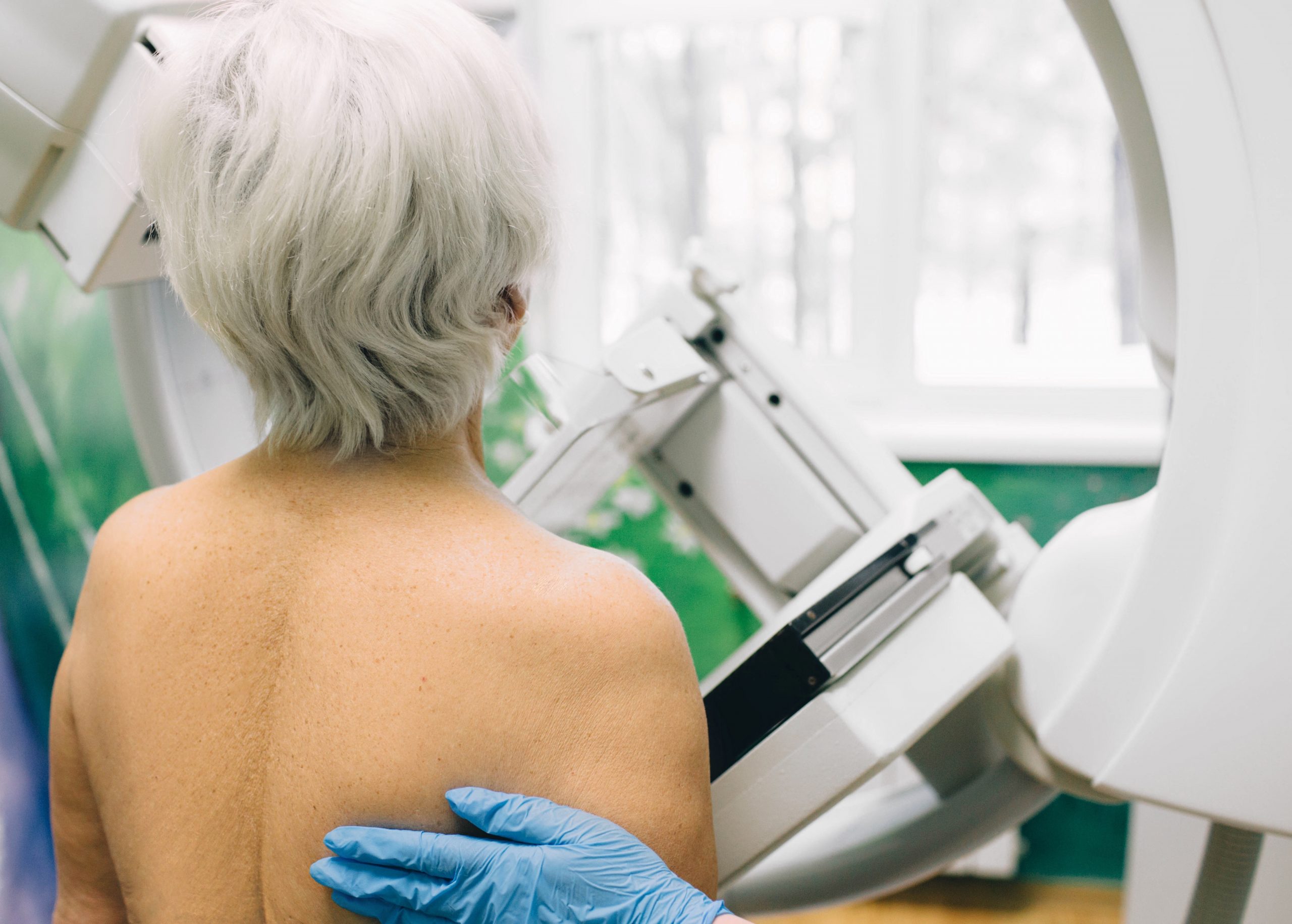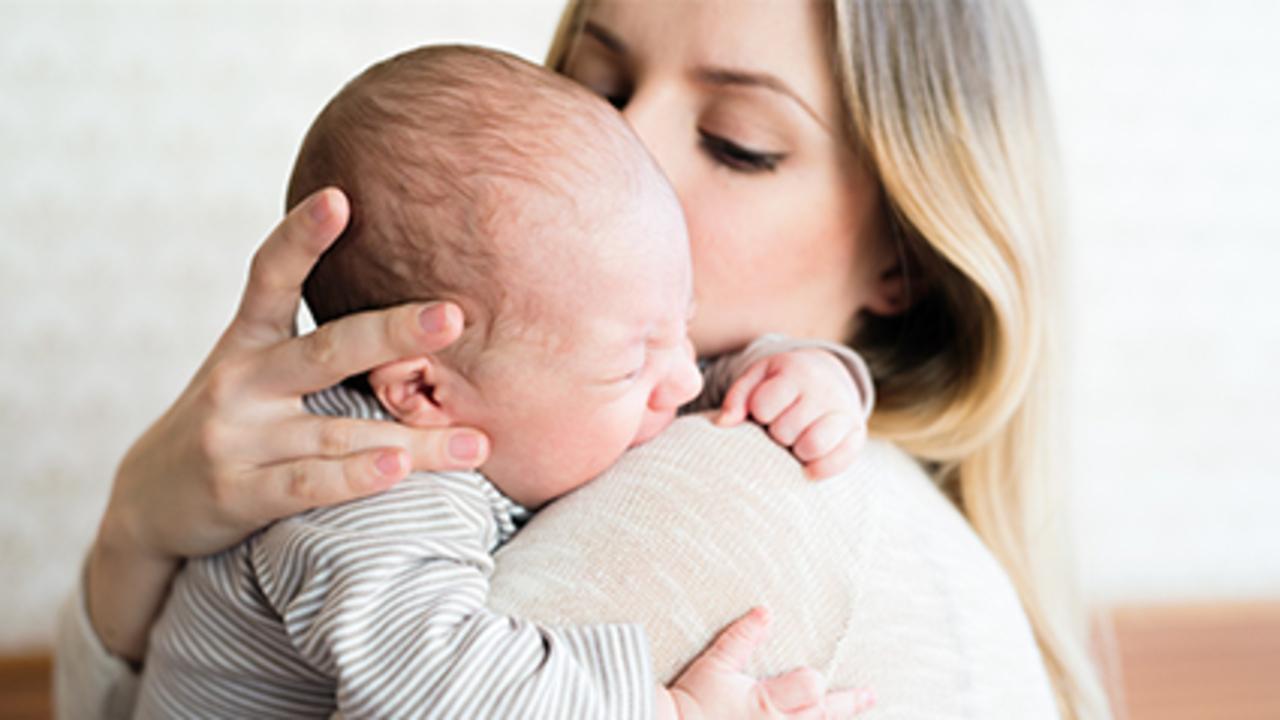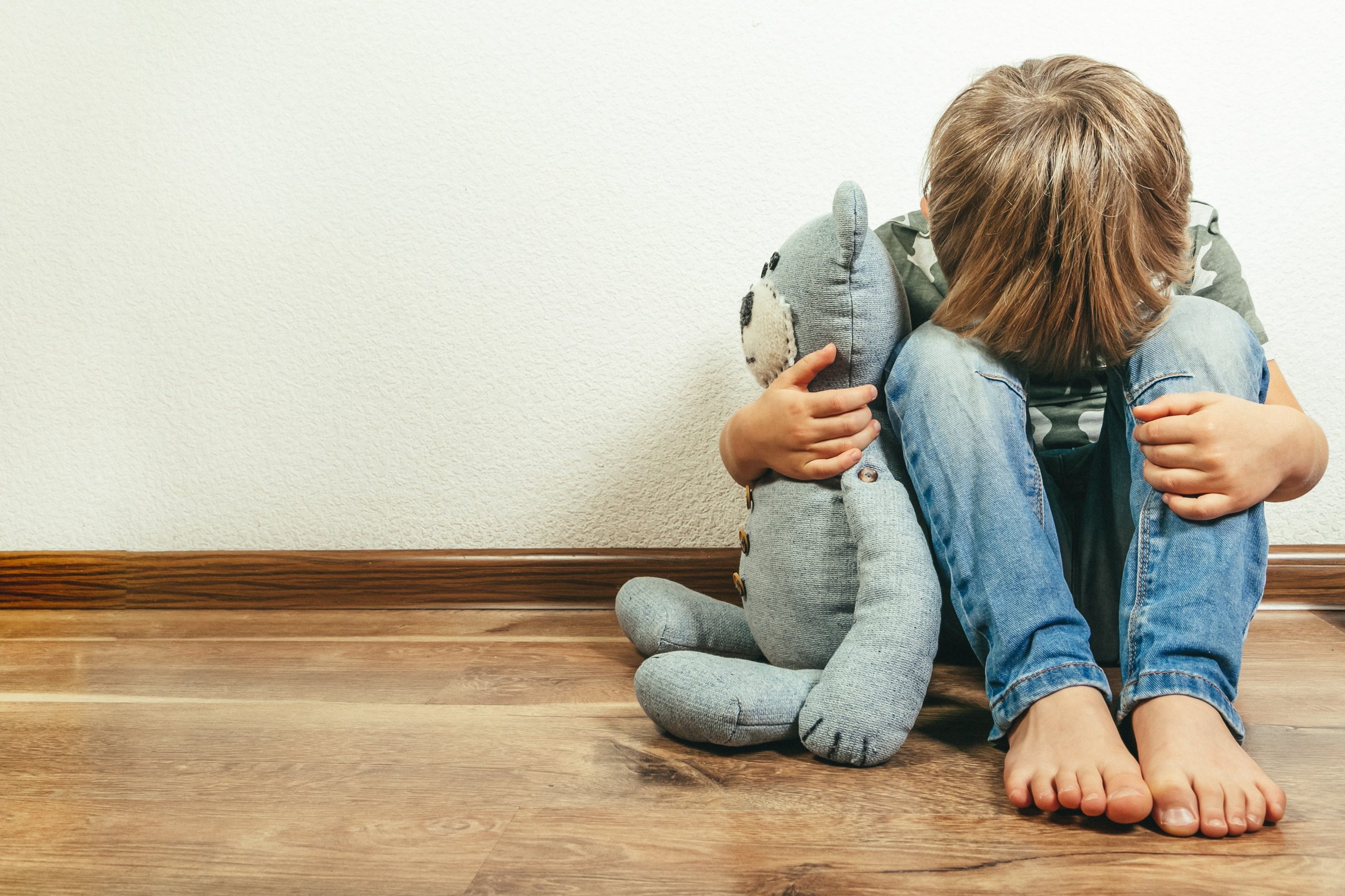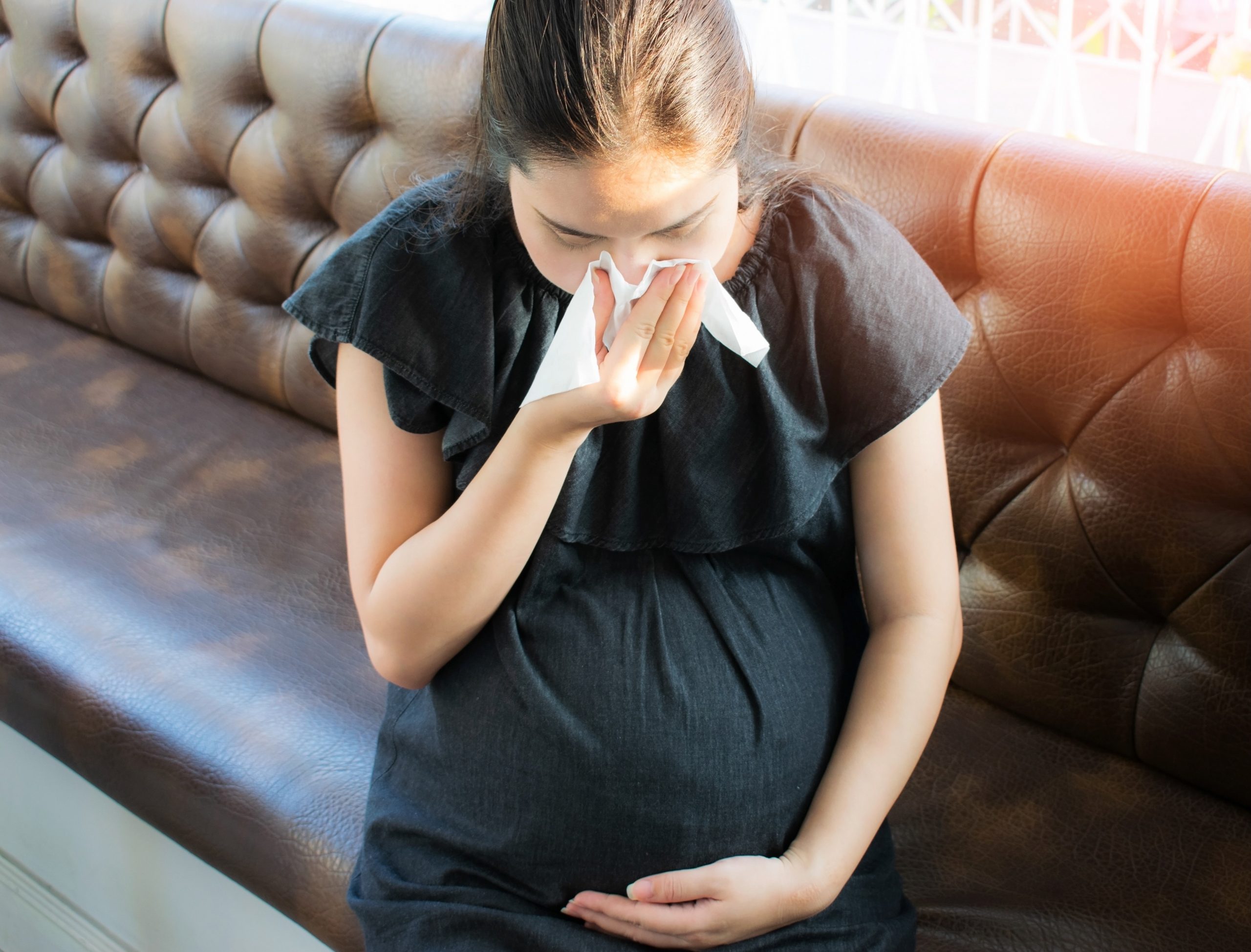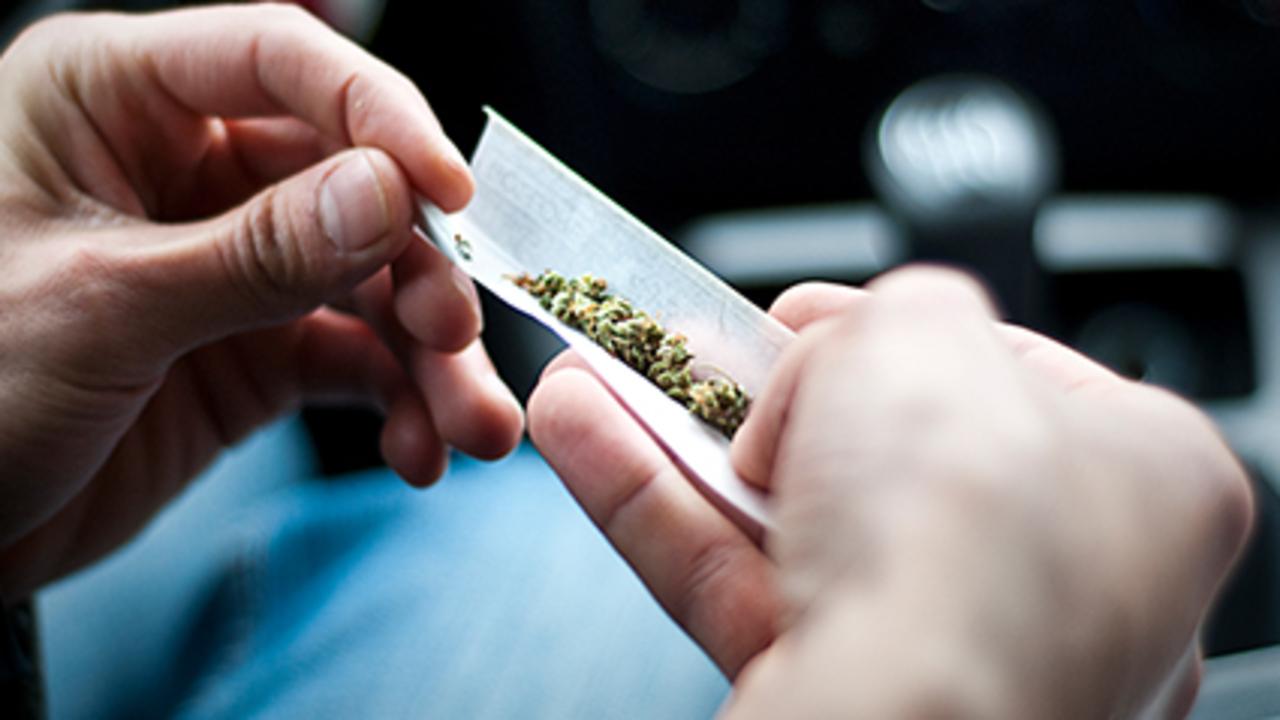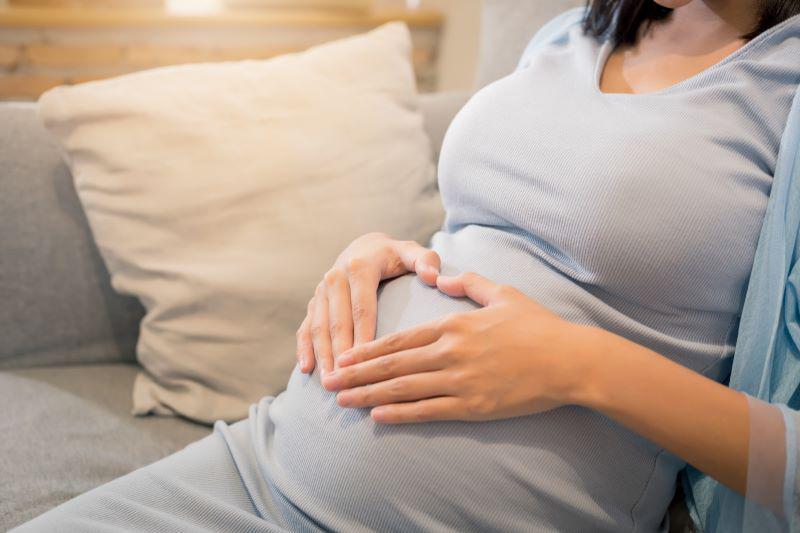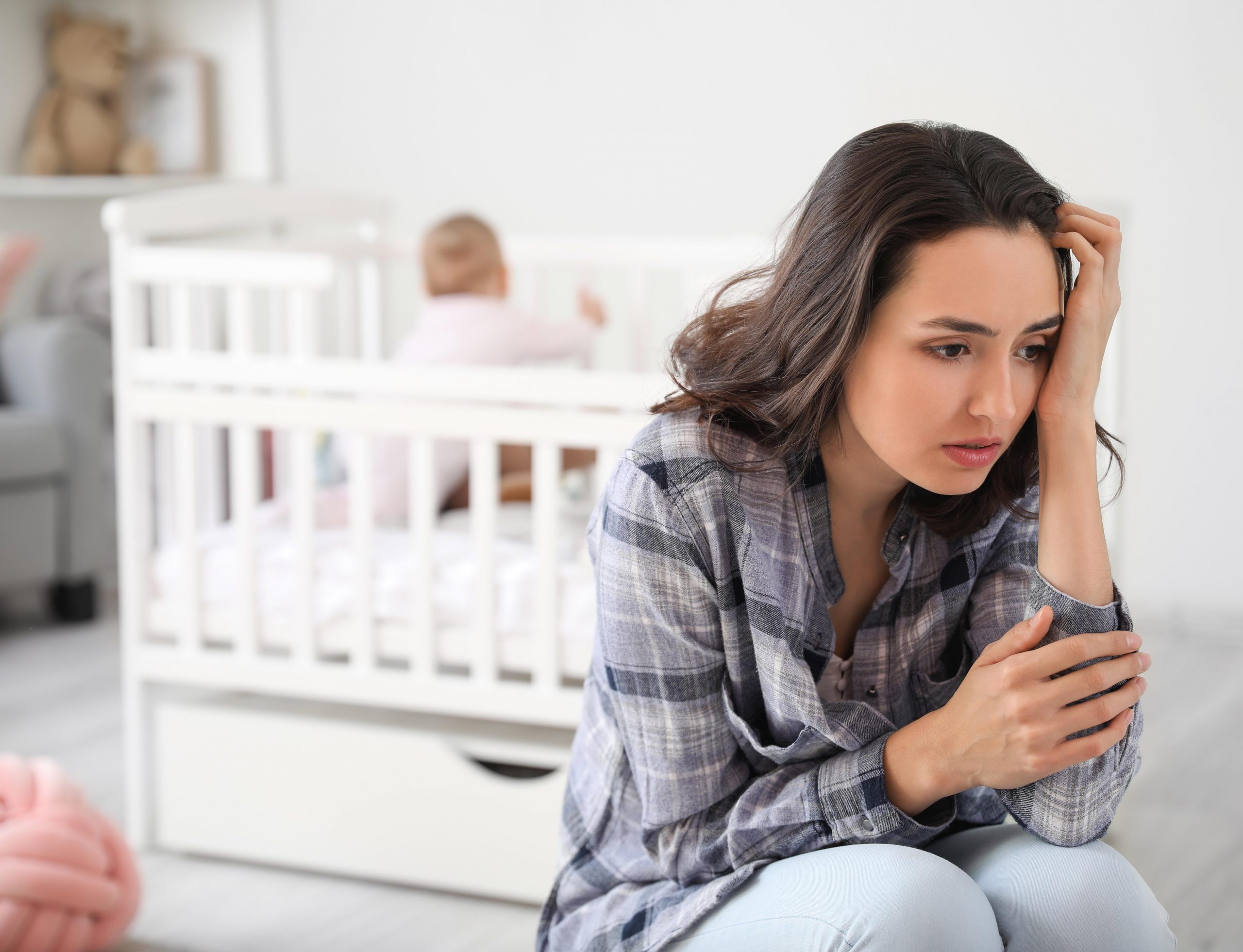
The first postpartum depression pill approved for use in the United States is now available to women who need it, the drug’s makers announced Thursday. Sold under the name Zurzuvae, the medication can quickly ease severe postpartum depression and help women regain their emotional equilibrium following childbirth. The medication, which is now stocked in specialty… read on > read on >










